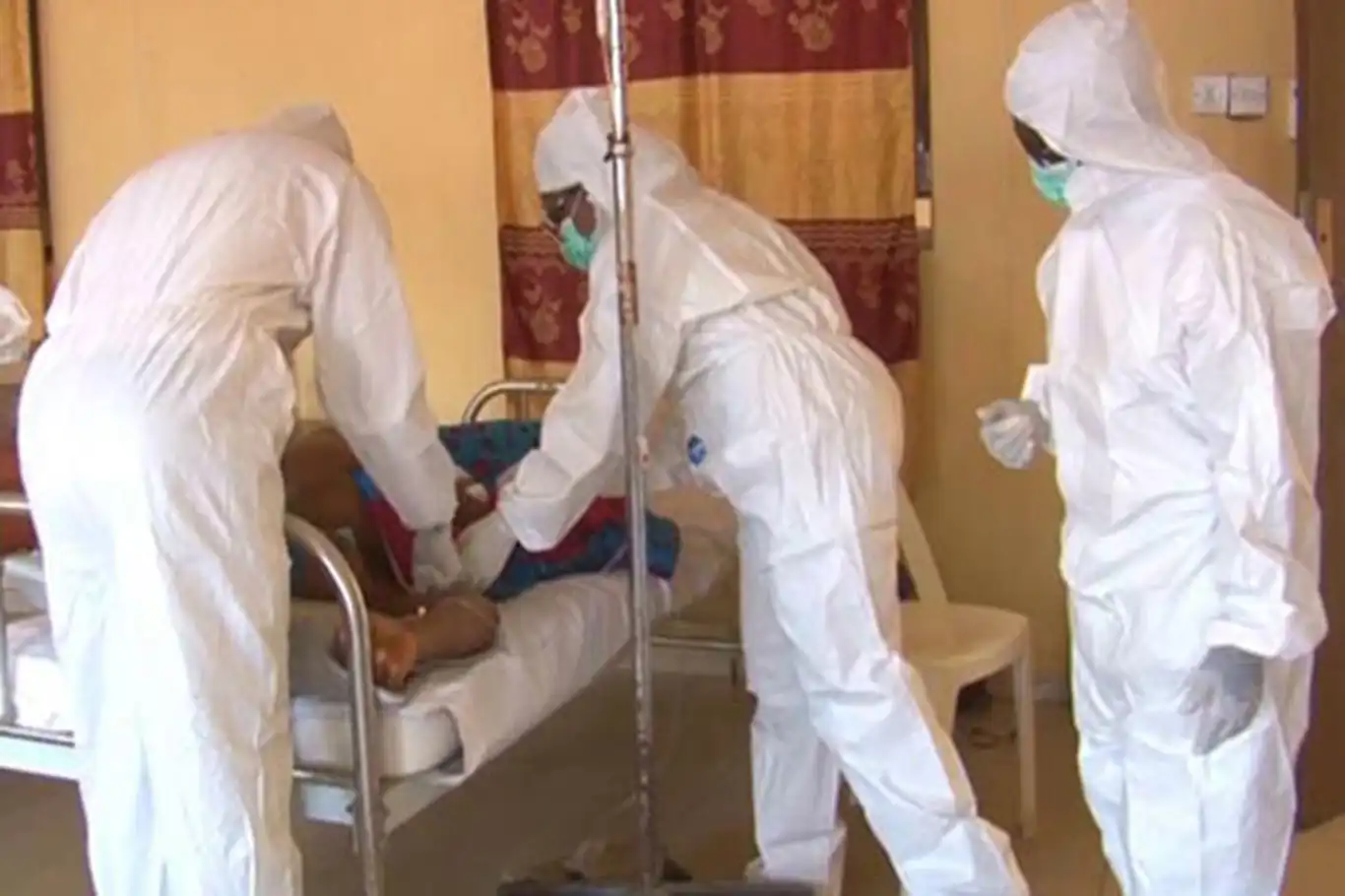Lassa fever death toll rises to 80 in Nigeria as outbreak spreads


The number of fatalities from the ongoing Lassa fever outbreak in Nigeria has climbed to 80 since the beginning of the year, according to the Nigeria Center for Disease Control (NCDC).
The disease, which is transmitted from animals to humans, has now spread to 63 local government areas across 11 states, raising serious public health concerns.
In a statement released by the NCDC, authorities confirmed that between February 3 and 9, an additional 54 cases of Lassa fever were reported in eight states, with 10 more deaths recorded. This development brings the total number of confirmed cases in 2024 to 413, with the mortality rate increasing to 19.4%, compared to 17.5% during the same period last year.
The Lassa fever outbreak has led to heightened surveillance efforts, as well as increased public health warnings. The disease, which is endemic in West Africa, caused 190 deaths across Nigeria in 2023. The rising number of cases this year has prompted concerns about its rapid spread and impact on affected communities.
Lassa fever is primarily transmitted to humans through contact with rodent droppings, particularly from the Mastomys rat species. It can also spread from person to person through direct contact with the bodily fluids of infected individuals. The disease often results in severe hemorrhagic fever, which can be fatal if not treated promptly.
The Nigerian government has been actively working to contain the outbreak. Authorities continue to warn residents to avoid contact with rodents and maintain proper hygiene practices. Medical professionals have also been placed on high alert to identify and treat cases early in order to reduce fatalities.
Lassa fever was first identified in Nigeria in 1969 in Borno State, located in the northeastern region of the country. It remains a significant public health threat, not just in Nigeria but in several other African countries, including Mali, Togo, Ghana, Liberia, and Sierra Leone. The disease's high fatality rate and potential for person-to-person transmission make it a serious concern for health officials across the continent.
With the outbreak showing no signs of slowing down, health authorities are urging the public to remain vigilant and adhere to preventive measures to curb the spread of the disease. (ILKHA)
LEGAL WARNING: All rights of the published news, photos and videos are reserved by İlke Haber Ajansı Basın Yayın San. Trade A.Ş. Under no circumstances can all or part of the news, photos and videos be used without a written contract or subscription.
Türkiye continues to provide world-class healthcare services, ranking among the top five countries in global health tourism, according to a statement from the Ministry of Health’s Press and Public Relations Consultancy.
The Islamic Emirate of Afghanistan has announced plans to enhance healthcare services across the country by establishing specialized hospitals dedicated to maternal and child health, cancer treatment, and infectious diseases in every province.
Local officials have declared a dengue outbreak in Quezon City, following a significant surge in cases, with over 1,769 instances reported from January 1 to February 14, 2025.